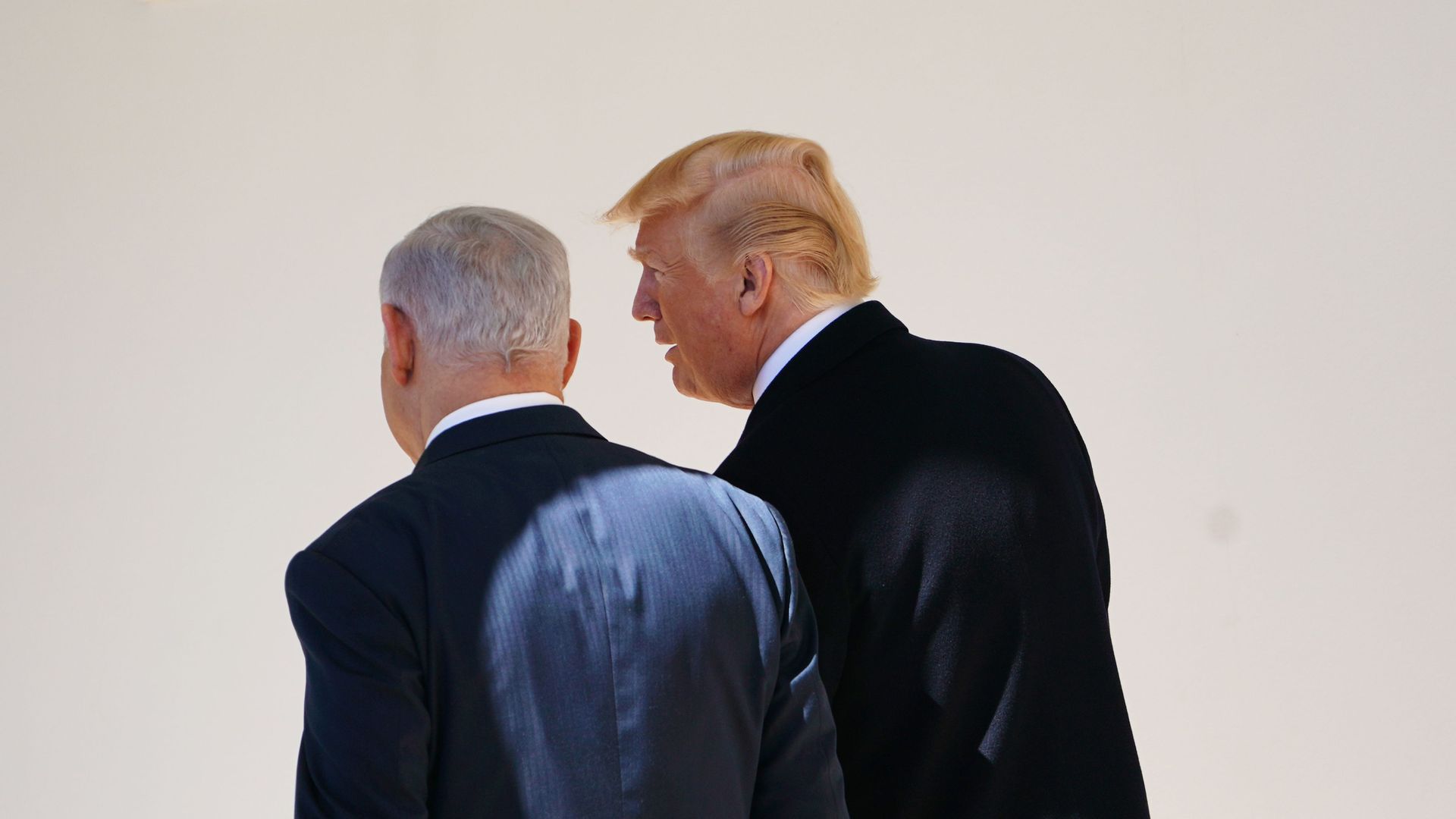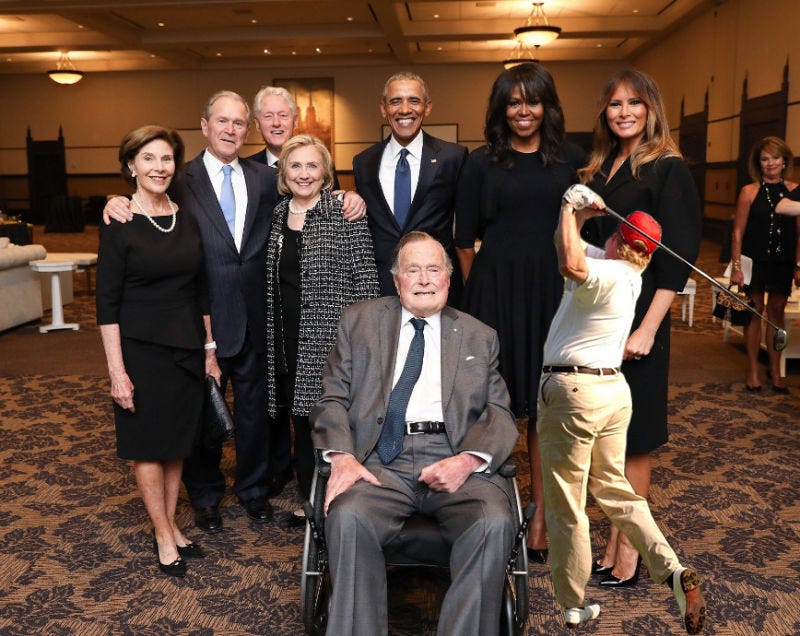You are using an out of date browser. It may not display this or other websites correctly.
You should upgrade or use an alternative browser.
You should upgrade or use an alternative browser.
RUSSIA/РОССИЯ THREAD—ASSANGE CHRGD W/ SPYING—DJT IMPEACHED TWICE-US TREASURY SANCTS KILIMNIK AS RUSSIAN AGNT
- Thread starter ☑︎#VoteDemocrat
- Start date
More options
Who Replied?GnauzBookOfRhymes
Superstar

The Carters?
Berniewood Hogan
IT'S BERNIE SANDERS WITH A STEEL CHAIR!
They just wanted an old white man to promise he'd keep the brown people away. It's all they wanted to hear.It's absolutely astonishing to me how many people did not know he was a con man, how many people thought a man that has been a child his entire life would change.
They just wanted an old white man to promise he'd keep the brown people away. It's all they wanted to hear.
They also keep talking about Trump saving the economy?!!?

 Dude with that fukking tax plan that only helps millionaires and the upper crust we're about to have TRILLION dollar deficits and the IRS stealing our money for the foreseeable future after this shyt... they have literally no idea how bad it's gonna become...
Dude with that fukking tax plan that only helps millionaires and the upper crust we're about to have TRILLION dollar deficits and the IRS stealing our money for the foreseeable future after this shyt... they have literally no idea how bad it's gonna become... 
Berniewood Hogan
IT'S BERNIE SANDERS WITH A STEEL CHAIR!
Meaning they hoped he'd fire all the Mexicans, Indians, and "affirmative action hires."They also keep talking about Trump saving the economy?!!?
CreepyMcCreeperson
Veteran
Official video , better sound:
]
Dana was married to John King from Inside Politics


Reality Check
Keepin' it 100
The Carters?
Jimmy was out of the country and his wife is recovering from surgery.
Jimmy and Rosalynn Carter won’t attend Barbara Bush’s funeral
Reality Check
Keepin' it 100
Double post, Mods please delete
Joke, brehJimmy was out of the country and his wife is recovering from surgery.
Jimmy and Rosalynn Carter won’t attend Barbara Bush’s funeral

Trump asked Netanyahu if he genuinely cares about peace

Israeli Prime Minister Benjamin Netanyahu and President Trump at the White House in March. Photo: Mandel Ngan/AFP/Getty Images
In a phone call last year with Bibi Netanyahu, President Trump said something that shocked some of the people who helped prepare his briefing materials for the conversations. According to three sources familiar with the call, Trump asked Bibi bluntly if he actually cares about peace or not.
The details: Trump was pressing Bibi on the importance of striking a "deal" for Mideast peace. He'd read news reports about Bibi planning to build additional settlements to please his conservative base in Israel. Trump thought Bibi was unnecessarily angering the Palestinians. So, in the course of a longer conversation that was mostly friendly and complimentary, he bluntly asked Bibi whether or not he genuinely wants peace.
- When Axios shared the details of this conversation with the White House before publishing, a senior official said: "The President has an extremely close and candid relationship with the Prime Minister of Israel and appreciates his strong efforts to enhance the cause of peace in the face of numerous challenges."
- And Press Secretary Sarah Sanders added: "The President has great relationships with a number of foreign leaders but that doesn’t mean he can’t be aggressive when it comes to negotiating what’s best for America."
- A perfect example: The United Kingdom .Though Trump has great affection for Britain (he has golf courses there, appreciates the special relationship, and has referred to himself as “Mr. Brexit”), he and Theresa May have a fraught relationship. He hits the roof when he reads that she's criticized him. So he has yet to visit America's closest ally, even after last year's terrorist bombings in Manchester, though a source privy to private discussions tells me that it's "quite likely" that Trump visits the UK before the summer.
- Another example: Trump finds Japan’s trade practices and regulations to be very irksome. But he has a great personal chemistry with Japanese Prime Minister Shinzo Abe, and would likely be going far harder on the country if their relationship were tense.
- Trump freelances; he rarely refers to scripts and notes, and he disdains long briefings. Instead, he kibitzes with foreign leaders like he does with his Manhattan real estate friends.
- His ad-lib style sometimes works to his advantage — and he's established genuinely good relationships with leaders like Emmanuel Macron of France and King Salman of Saudi Arabia — but it's also at times thrown staunch allies like the U.K. and Germany off-balance. And it makes the national security establishment — many of whom have longitudinal views of these relationships — break out in hives.
- What is the trade deficit with the foreign country? How big is their army and defense spending, and to what extent is America picking up their tab? And, in some cases, how much foreign aid is the U.S. sending to the country? Put simply: what are we doing for them and how much are they contributing in return?
- Trump was furious with his national security team for not telling him in advance of his meeting last year with Greek Prime Minister Alexis Tsipras that Tspiras said during the presidential campaign that Trump represents an "evil" ideology.
- At Trump's joint press conference with the Greek leader, Fox's John Roberts quoted the brutal things Tsipras had said about Trump. The president blew up at his team afterwards for not finding this out and briefing him about it in advance.
Remember when I said Bitcoin worried the USA about its popularity with China and Russia?
But why? Why go to so much trouble to identify Satoshi? My source tells me that the Obama administration was concerned that Satoshi was an agent of Russia or China — that Bitcoin might be weaponized against us in the future. Knowing the source would help the administration understand their motives. As far as I can tell Satoshi hasn’t violated any laws and I have no idea if the NSA determined he was an agent of Russia or China or just a Japanese crypto hacker.
...
Identity: Many readers have asked who Satoshi is and I’ve made it clear that information wasn’t shared with me. Based on my conversation I got the impression (never confirmed) that he might have been more than one person. This made me think that perhaps the Obama administration was right that Bitcoin was created by a state actor. One person commented on this post that Satoshi was actually four people. Again, I have no idea.
...
Identity: Many readers have asked who Satoshi is and I’ve made it clear that information wasn’t shared with me. Based on my conversation I got the impression (never confirmed) that he might have been more than one person. This made me think that perhaps the Obama administration was right that Bitcoin was created by a state actor. One person commented on this post that Satoshi was actually four people. Again, I have no idea.






